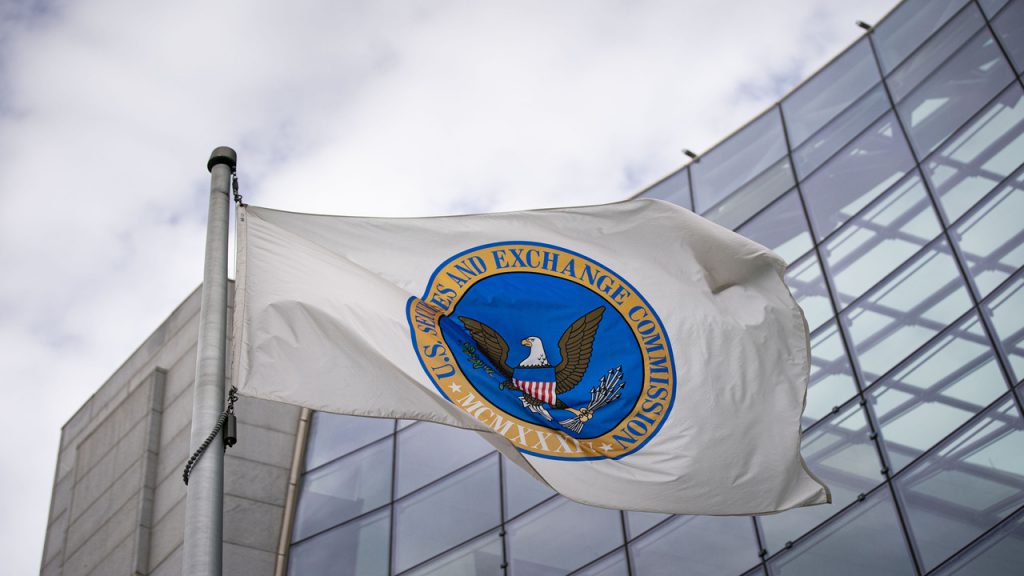The US Senate has officially voted to overturn a US Securities and Exchange Commission (SEC) rule that prevents regulated financial firms from holding Bitcoin and other cryptocurrencies. The legislation, H.J. Res. 109, had previously passed in the US House last week.
The decision approves the reversal of the SEC’s Staff Accounting Bulletin (SAB) No. 121. Subsequently, the legislative action against the regulators was met with bipartisan support. Now the joint resolution invalidating the previous SEC rule will reach the desk of the President.
Also Read: US Senate Bill Proposes Bank-Like Regulations on DeFi
US Senate Passes Bill Allowing Regulated Firms to Hold Bitcoin
Over the last several years, the digital asset market and the SEC have formed a contentious relationship. A large part of that has been due to the latter’s commitment to regulation through enforcement. As a result, the industry has been mired in ongoing lawsuits and legal battles with the agency.
Now, the US government has taken action against one of the agency’s most disapproving rules. Specifically, the US Senate has officially voted to overturn the SEC rule that prohibited regulated financial firms from holding Bitcoin and other cryptocurrencies.
The Senat head conducted a vote Thursday to abolish the SEC rule that had been in effect for two years. Additionally, the decision to reverse the SEC guideline was passed with bipartisan support. Indeed, it revived a vote of 60-38 in the Senate currently controlled by Democrats.

Also Read: US Court Enforces SEC Subpoena For Elon Musk To Testify
This decision came after the US House, controlled by Republicans, advanced the bill on May 8th. The legislative rebuttal to the SEC rule passed with a 228–182 vote but now faces its final test on the desk of US President Joe Biden.
To this point, the White House has indicated that the measure will likely be vetoed, according to reports. However, the overwhelming dissatisfaction with the SEC-issued guideline is clearly showcased in the reception that policymakers have had in the House and Senate.














